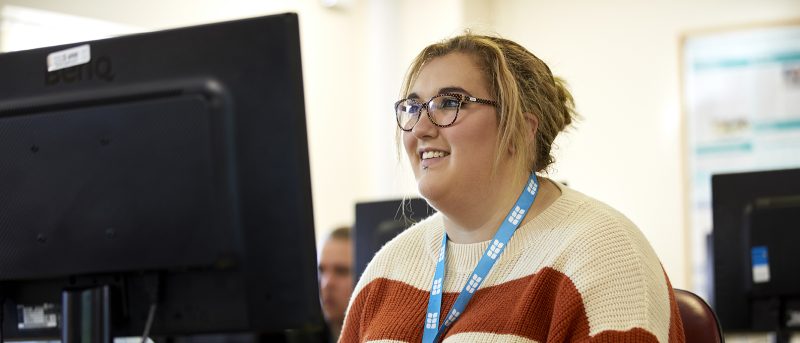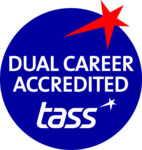If you’re contemplating going to college after your GCSEs, you could choose a ‘vocational’ college, or ‘traditional’ one depending on your learning style. Don’t worry if you’re unfamiliar with these terms, we’ll unpack them further here.
What’s a vocational college?
To put it simply, it’s an education organisation that provides practical learning, as well as classroom learning.
How will I learn?
Through a combination of theory work - where you’ll gain in depth knowledge of your chosen subject in a classroom environment, alongside hands on training. You’ll develop workplace skills as part of your studies giving you the practical experience you need to enter a job after college.
How will I be assessed?
Assessment can be through a variety of methods including coursework, work experience and exams. The method of assessment will vary depending on the subject.
How do I know if it’s for me?
If you prefer to learn by getting stuck in, this could be a good option. You’ll find out first hand if the career you’re aspiring for is for you, and gain an insight into the kinds of activities you could get up to at work. Subjects on offer at Moulton College
What qualifications will I get?
At the end of your course you’ll gain a workplace qualification, which could be awarded by one of the following bodies: Business and Technology Education Council (BTEC), OCR Cambridge Nationals, or City & Guilds. Levels of study range from entry, right through to Level 8 (doctorate level if we’re referring to the academic route).
You might find this table useful.
In September 2020, the government started to gradually introduce a new technical qualification, the T Level into colleges. T Levels are an alternative to BTECs, OCR Nationals and City & Guilds qualifications and include a higher proportion of time spent on work experience throughout the course. It’s possible that going forwards, the opportunities for students after GCSEs will be to either progress into A-Levels, an apprenticeship or to study T Levels.
Can I still go to university if I study at a vocational college?
Yes. Universities are increasingly accepting students who have studied qualifications outside of traditional A-Levels. Although you’ll be awarded with a technical qualification after college, this will still equate to UCAS points. If you achieve three Distinction* grades in a BTEC Extended Diploma this is equivalent to three A* grades in A-Levels. Level 3 vocational qualifications provide the perfect platform to progress into university studies.
In summary
This type of college is great if you’re a hands-on learner who’s fairly certain of which career you’d like to pursue, you just don’t have the qualifications and experience yet.
College or apprenticeship - how to decide what’s right for you
What’s an academic college?
The terminology used to differentiate between vocational and academic colleges can sometimes feel confusing. For ease of understanding, we’ll refer to the type of college where you would study A-Levels as ‘academic’; as opposed to the practical nature of the ‘vocational’ college.
How will I learn?
Your studies will take place in the classroom with the opportunity to improve your learning through visits from guest speakers and field trips - occasionally overseas.
How will I be assessed?
Assessment is usually in the form of written exams which will take place at the end of your studies and produce your final grade.
How do I know if it’s for me?
If you enjoy learning in the classroom, listening to your lecturers and taking notes rather than spending time physically learning about your subject, then an ‘academic’ environment would be ideal. The majority of your studies won’t be the hands-on activities that your subject involves, and will instead be based more on textbook studies and through resources provided by your tutor.
What qualifications will I get?
If you only complete one year of studying (AS Level), you’ll achieve an AS qualification. Most students complete a set of full A-Levels after two years of study.
Learn more about AS and A-Levels
Can I go to university if I study A-Levels?
Yes. Your A-Level grades will equate to a certain number of UCAS points. Different universities have different entry requirements, but your A-Levels will be accepted (providing you meet the entry criteria!).
In summary
An ‘academic’ college is a good option if you aren’t sure which career you’d like to go into, and you have a brief idea of the kinds of subjects you enjoy. Joining an ‘academic’ college with this mindset will allow you to find out which subjects interest you the most, so you can specialise in these later if you choose.
We hope this helps to provide some clarification on the different college options available to you post-GCSEs. If you still have questions, please don’t hesitate to email student.services@moulton.ac.uk and our student services team will be more than happy to help.









